[Warning — SPOILERS below . . .]
I saw this film when it came out in 1971. I was 21 then and didn’t like it much. I was a film purist and was annoyed by all the zooms and telephoto shots, which were the clichés of “with-it” filmmaking at the time. I also was annoyed, or unconvinced, by the optical snow effects in the concluding scenes. All these things took me out of the movie.
I just watched the film again for the first time since 1971. I’m still a film purist and was still annoyed by the zooms and telephoto shots and optical snow effects, which have dated the film terribly. But I found many other things to love about the movie which I hadn’t fully appreciated in my youth.
The film is set in a frontier town that is growing. Altman shot it in sequence, as the sets for the town’s expansion were being constructed, so you see the town growing, literally, as the narrative progresses.
The film was also shot in all kinds of weather, which gives a lovely sense of atmosphere. (There was real snow falling as the final scenes were shot, though not continuously, which is why the optical snow had to be added.)
Warren Beatty gives a genial performance and Julie Christie a great one. In the first hour of the film, which is basically a lyrical romantic comedy, their interactions are a delight to watch. As in many romantic comedies, the female protagonist is smarter and stronger than the male protagonist, and we admire him just for keeping up with her — hoping he’ll prove his worth to her in time.
But then things start to go wrong. Dark forces, representing the evils of corporate America, move into the town and threaten the idyll of McCabe and Mrs. Miller. McCabe seems to get weaker and weaker and is repeatedly humiliated by the thugs. A showdown is inevitable.
McCabe kills the thugs at the cost of his own life — Mrs. Miller, high on opium, doesn’t seem to care or even notice. The film ends on a nihilistic note. Very trendy for 1971, as the Vietnam War raged and people began to think that all American ideals, especially as portrayed in Westerns, were and always had been meaningless posturing.
Ho hum — all very puerile and cheap. Still there is that town, that weather, those two appealing stars and much good humor. The film, shot by Vilmos Zsigmond, is magically lit throughout, with filters and a slight flashing of the negative to give the effect of a turn-of-the-century Autochrome. In between the zooms and telephoto shots there are many extremely beautiful images. Altman had very much wanted to make a Western, and he almost made a very good one, but by the end, like Mrs. Miller, he seems to have retreated into a drug-induced indifference to the form. Pauline Kael called the film “a beautiful pipe dream of a movie”, and there’s some truth in that. The whole thing sort of drifts away like smoke, and leaves a kind of emptiness in the heart.

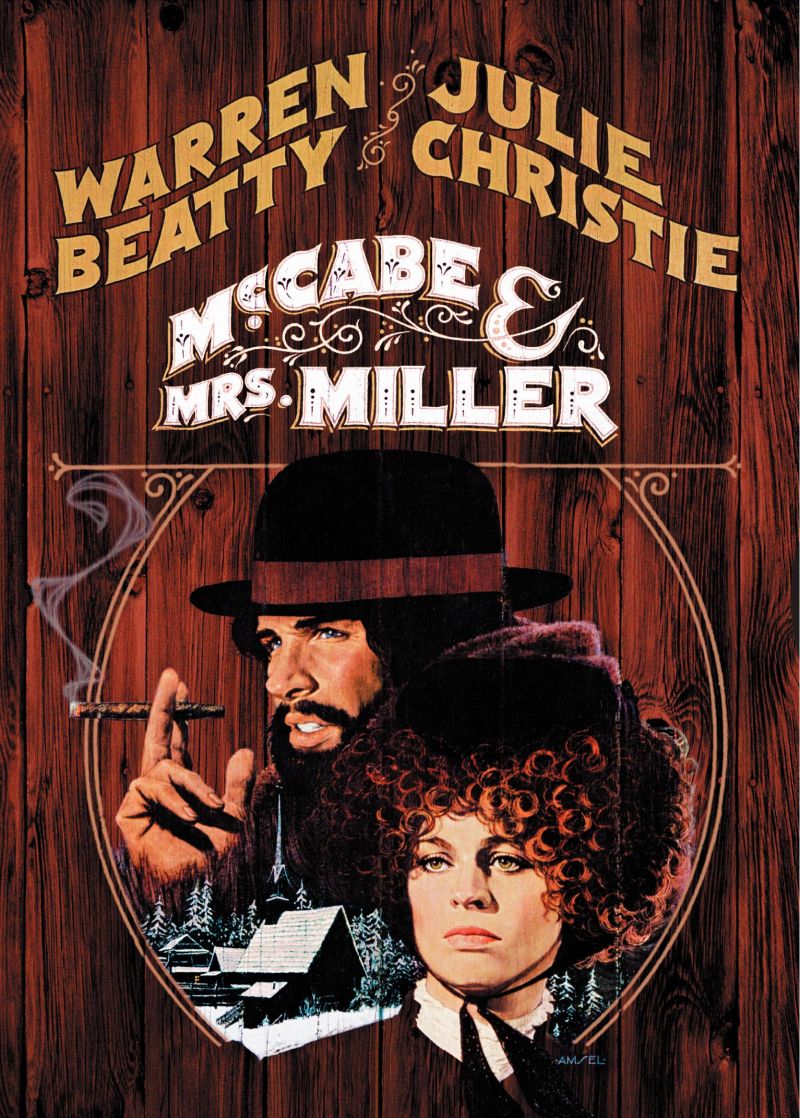
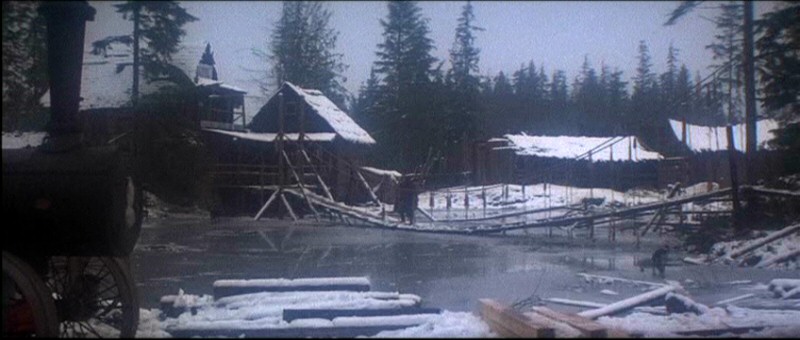
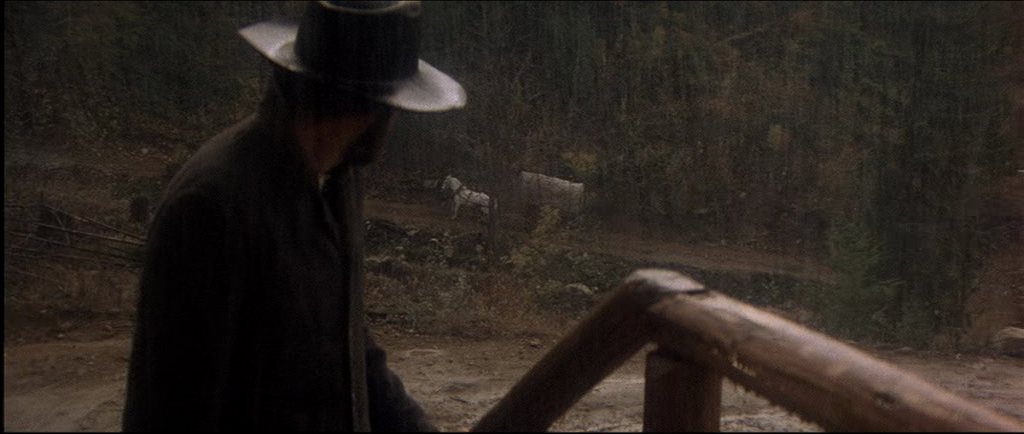
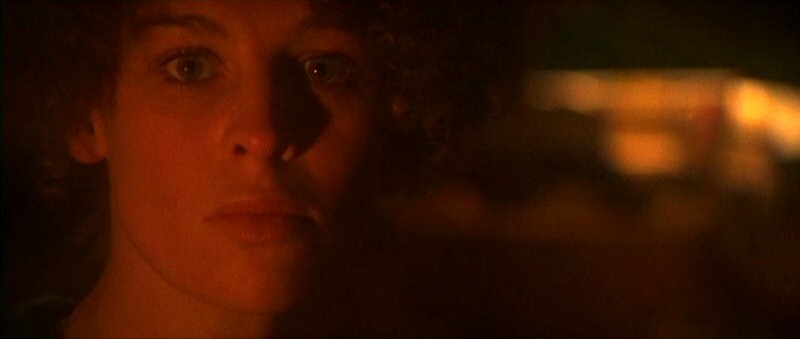
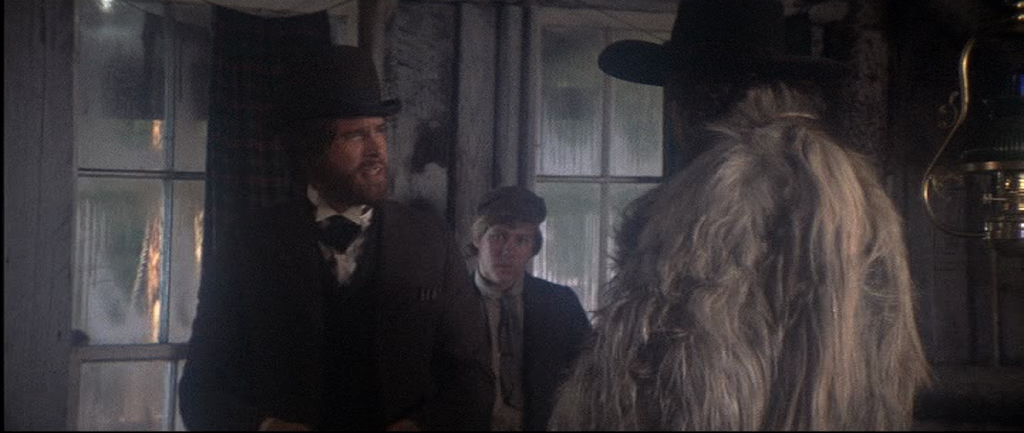
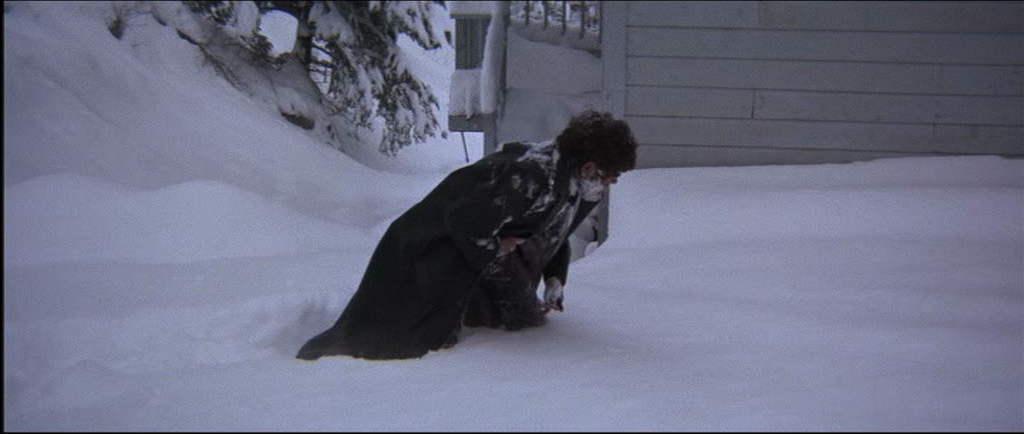
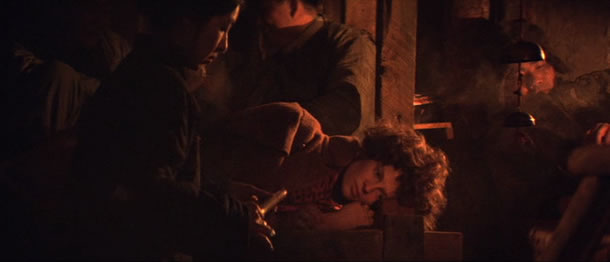
I have watched this movie over a dozen times and still dislike it. The leonard Cohen songs are about the only thing I like about it. I never could stand Julie christie and Warren Beatty, after a good start with All Fall Down, decided to give up acting and coast on his looks and obnoxious personality. Although the cinematography is unique, the practical act of looking at these images for any length of time puts me to sleep. I am always drawn back to this picture, though, but each time equally disappointed. what is boils down to is that Altman is a lousy director who made,my accident or miracle, one good movie: Nashville.
I think Beatty was mostly coasting in this picture, though he has some good moments. I thought Christie gave a great performance. Altman was a brilliant guy but sloppy — he had the talent to make better films than he did.